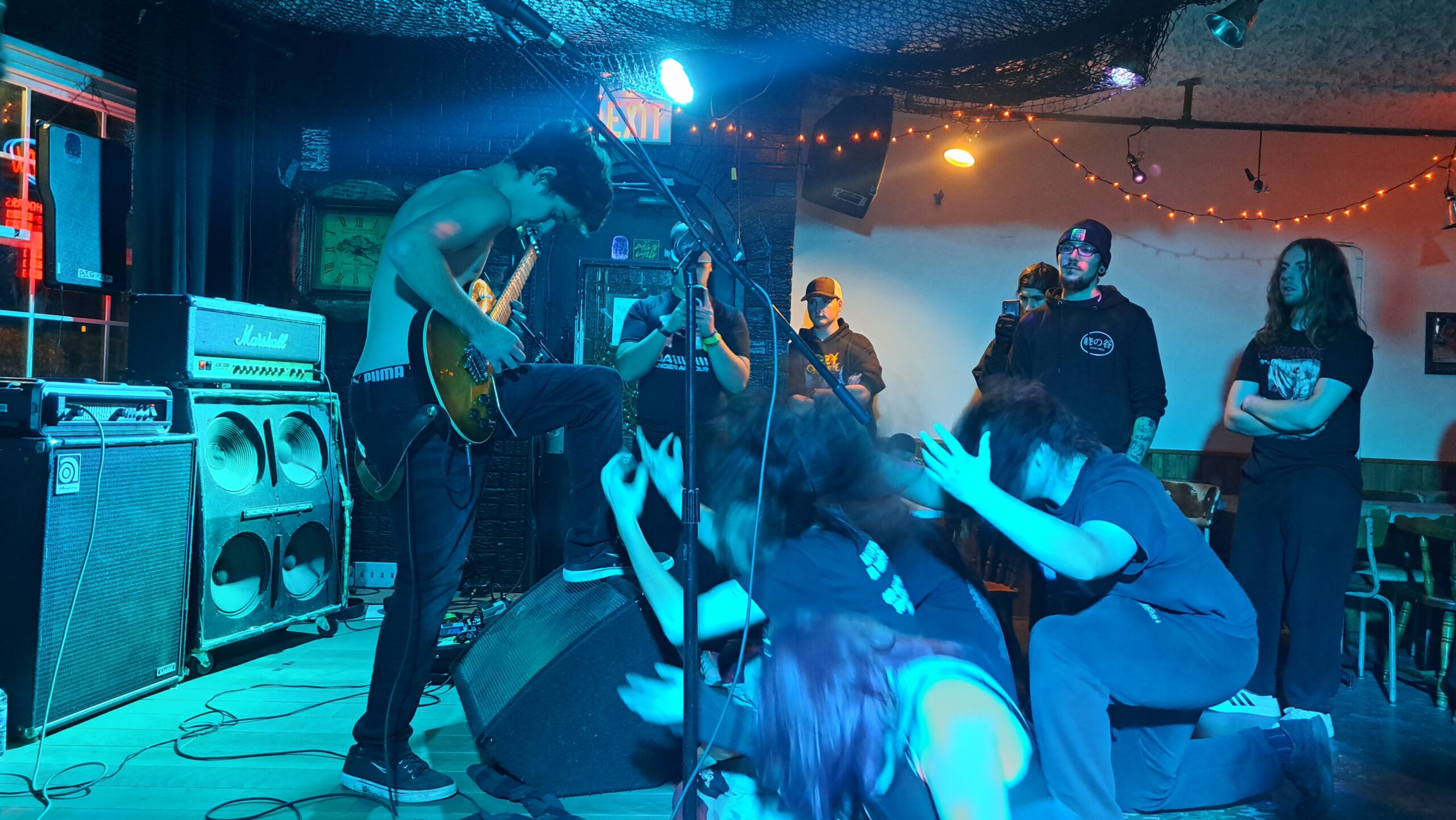Toronto musician and artist management consultant Vince Anastasi has a clear idea about the decline in local venues where musicians like him can perform their music.
“It’s tough, it’s difficult. I think there’s a demand, but the main problem is the cost of living,” Anastasi said.
“I think it’s hard for a lot of people to justify running and opening up a bar. So I think that’s what’s leading to the decline because we don’t have a lack of musicians,” he said.
Musicians in Toronto are becoming more concerned about the community value of the local music scene as all the stakeholders involved, fans, artists, and venue owners, are dealing with inflation, post-pandemic recovery, reduced number of places to perform, and a decline in people attending shows.
“It just seems to be like a lack of rehearsal spaces and small-cap venues,” Anastasi said.
A steady rise in ticket prices, acquisitions from big companies like Live Nation of beloved venues like the Opera House last summer, and permanent closings of places like The Orbit Room and The Beaver during the pandemic added fear for the precarious condition of the local music scene.
Local musician Johnny Darko, active in the Toronto metal scene with his band Dawn Vally, said it is getting harder for artists to book places to perform their music.
“There’s definitely a large decline in the venue scene in general like the Opera House being bought by Live Nation and now being a little bit more of a prestigious venue that doesn’t allow so many local events to go on, and just closing down of places in general,” Darko said.
He said the number of people attending shows has decreased due to inflation and the high cost of living.
“Everybody is struggling now, like almost everybody,” Darko said. “It’s so much harder to have money to go out and spend on shows or merch or support local bands, and the music scene in general is struggling because of it.”
Chris Blanchard, owner of Tail of the Junction, a venue on Dundas Street West and Runnymede Road, said his small venue, which has been open since 2018, has seen a decline in people attending shows since the pandemic.
“In between the shutdowns, when they allowed us back open, it was really good, but when they shut us down again, there’s been probably about 60 per cent decline in live music,” Blanchard said.
He said he received some support initially, but after the venues were allowed to open again, but that support was short-lived.
According to the study, Reimagining Music Venues, local music venues have faced more closings than openings, a decrease in live shows, and soaring ticket prices even before COVID-19. The study also revealed that the pandemic has worsened, causing local venues to close at an alarming 13 per cent.
The study also found 75 per cent of survey respondents consider local music venues to be endangered or threatened.
In the face of inflation, declining shows, and available venues, local musicians are turning to each other to revive the sense of community that allows the music scene to grow and be relevant.
For Mark Shustov, sound technician and musician with his group Vice Garden, the do-it-yourself philosophy is still a way to go for those bands that want a place for themselves in the local scene.
“You go to a bar, you go to a decent venue, and you negotiate a deal —that’s progress. That’s how change happens. That’s the only way that a community of people would actually grow” Shustov said.
Darko said it’s all about community work and networking.
“Ultimately, it’s just the community atmosphere that you can put into it. Everybody has to put in more work. It can’t just be left to the promoters or the producers,” he said.
“It’s about how many people you know, how friendly you are, how willing you are to help back, and on what good terms you are with people so you can get on other shows,” Darko said.
“For example, you get the group chats on Facebook, and you share around what venues are available, different promoters you can work with and things like that. It’s the only real way to push it forward as a new band,” he said.
Being humble and helping each other are key factors for creating a supporting music scene rather than prioritizing a more international audience in the first place, Anastasi said. Now that the pandemic is over, he is hopeful more people will support local musicians.
“I think people are coming around,” he said. “Things are starting to go back to normal, hopefully, and maybe more people will come and enjoy live music again.”

